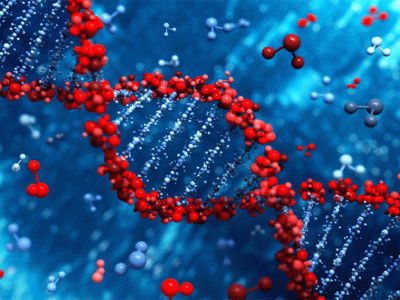The research that led to the creation of the Covid 19 vaccine has resulted in a still experimental serum against AIDS with a record 97% immune response.
While the initial results are particularly encouraging, several phases of testing are still to be conducted over the next decade.
Encouraging research results
Based on Moderna’s Covid-19 vaccine, the recently developed serum has been shown to have record efficacy against AIDS. “The International AIDS Vaccine Initiative (IAVI) and the Scripps Research Institute, which conducted the initial trials, administered two doses of the vaccine to a sample of 48 people.
The results were particularly encouraging: out of 24 people tested, 23 developed an immune response against HIV, representing 97% of them.
These very exciting initial data give hope that the pace of development of an AIDS vaccine can be accelerated through the use of messenger RNA technology.
No short-term release
Although there is hope, it will be a long time before a vaccine can be marketed worldwide.
As is the standard protocol for validating a vaccine, three new test phases must still be conducted.
The first phase will test the serum’s effectiveness on a small sample of people, in particular to check for safety and possible side effects. In the second phase, several hundred people will receive a dose and the same number a placebo, in order to measure the serum’s real effectiveness on a large scale. Finally, the third phase will eliminate any serious risks associated with the vaccine and publish detailed results on its effectiveness.
While the context of the pandemic allowed for an unprecedented mobilization for the creation of a Covid-19 vaccine, the end of the health crisis will mean a return to much longer research timelines. If the trials are successful, the AIDS vaccine is not expected to be available for another ten years.









